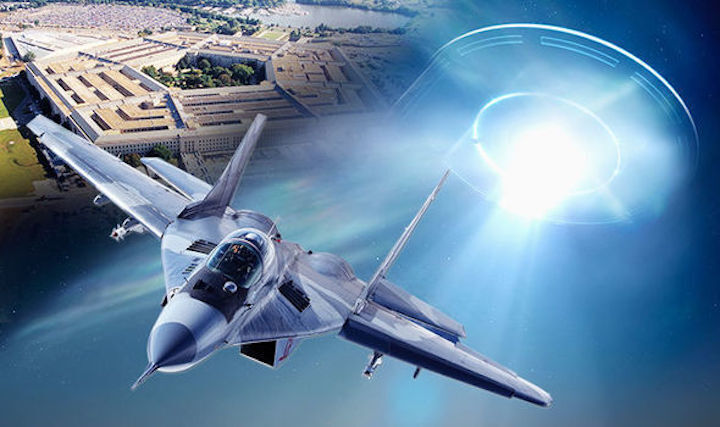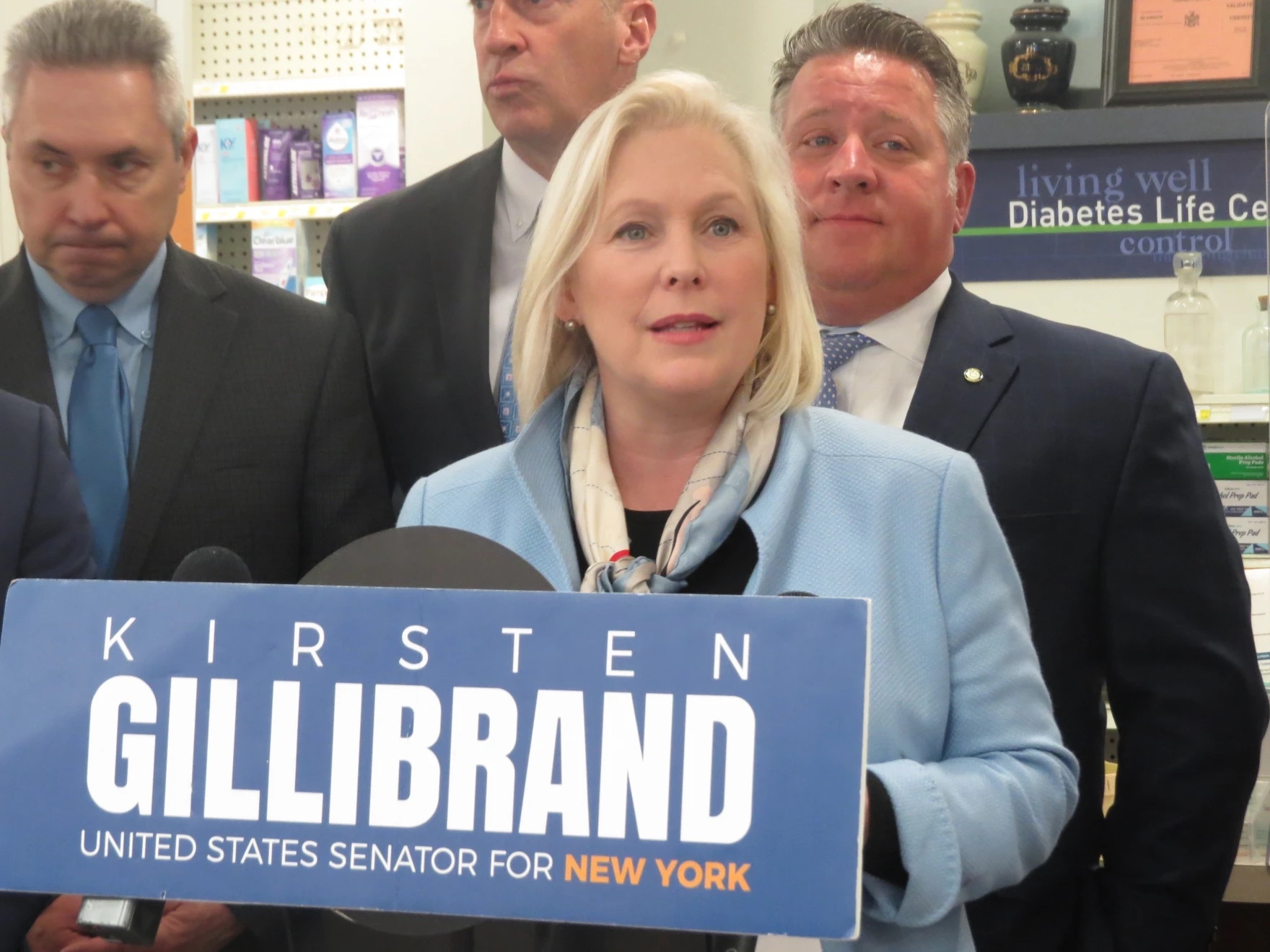21.09.2023


New York Senator Kirsten Gillibrand in Cohoes, NY
Last question. You have been pressing the Department of Defense for more information about UAPs, also known as UFOs, have you gotten any answers?
Not any answers that you would think were interesting. What I have learned is this: we have not been really patrolling the skies in a meaningful way. The FAA looks at this sky for air traffic control to make sure planes don't crash and Space Force and parts of Commerce Department, they do the work of making sure we know where satellites are and what they're doing. But nobody's been looking in between. And the spy balloon was a big wakeup call that other countries are taking advantage of this and spying on us, China being one of them. So we'd heard a lot of reporting from pilots that they keep seeing drones and other different types unidentified flying objects, unidentified aerial phenomenon, doesn't matter what you call it, it's something in the air that you don't understand. Some look like drones, some look like balloons. And they really see it as a safety issue that they're gonna crash into these objects. And they've been very distressed about it.
So I was chair of the Personnel Subcommittee when a lot of these reports were coming in. And so I wanted to create an office that would review all these UAPs and assess what are they? Are they spy balloons? Are they spy drones? Are they something else? We need to have domain awareness and we need to have air superiority for our national security. And so now we have an office that's been reviewing all these cases, they have about 800 cases they're reviewing. They're assessing what they are. A lot of are drones, a lot of them are balloons, a lot of them are unclear. But we are going to add sensors, we are going to add detection devices on our aircraft, we're going to do over the horizon radars, we're going to do a lot more to have that domain awareness and air superiority. And that I think is really important and meaningful because if there is any UAP out there that's not from here, we will find that. We will be able to assess that and, and if not, then we've got a lot going on that is probably adversaries like China, Russia and Iran, that we have a huge responsibility to know what they're doing.
Letzte Frage. Sie haben das Verteidigungsministerium um weitere Informationen über UAPs, auch UFOs genannt, gebeten. Haben Sie Antworten erhalten?
Keine Antworten, die Sie für interessant halten würden. Was ich gelernt habe ist Folgendes: Wir haben den Himmel nicht wirklich sinnvoll überwacht. Die FAA beobachtet diesen Himmel für die Flugsicherung, um sicherzustellen, dass Flugzeuge nicht abstürzen, und die Space Force und Teile des Handelsministeriums sorgen dafür, dass wir wissen, wo sich Satelliten befinden und was sie tun. Aber dazwischen hat niemand gesucht. Und der Spionageballon war ein großer Weckruf dafür, dass andere Länder dies ausnutzen und uns ausspionieren, darunter auch China. Daher haben wir viele Berichte von Piloten gehört, dass sie immer wieder Drohnen und andere Arten von nicht identifizierten Flugobjekten sehen, nicht identifizierte Luftphänomene, egal wie man es nennt, es ist etwas in der Luft, das man nicht versteht. Manche sehen aus wie Drohnen, manche wie Ballons. Und sie sehen es wirklich als Sicherheitsrisiko an, dass sie mit diesen Objekten zusammenstoßen. Und sie waren darüber sehr beunruhigt.
Ich war also Vorsitzender des Personalunterausschusses, als viele dieser Berichte eingingen. Und deshalb wollte ich ein Büro einrichten, das alle diese UAPs überprüft und beurteilt, was sie sind? Sind es Spionageballons? Sind es Spionagedrohnen? Sind sie etwas anderes? Wir brauchen Domänenbewusstsein und Luftüberlegenheit für unsere nationale Sicherheit. Und jetzt haben wir ein Büro, das alle diese Fälle prüft. Sie prüfen derzeit etwa 800 Fälle. Sie beurteilen, was sie sind. Viele davon sind Drohnen, viele sind Ballons, viele davon sind unklar. Aber wir werden Sensoren hinzufügen, wir werden Erkennungsgeräte in unsere Flugzeuge einbauen, wir werden Radare über dem Horizont einbauen, wir werden noch viel mehr tun, um dieses Domänenbewusstsein und die Luftüberlegenheit zu erreichen. Und das halte ich für wirklich wichtig und bedeutsam, denn wenn es da draußen ein UAP gibt, das nicht von hier ist, werden wir es finden. Wir werden das beurteilen können, und wenn nicht, dann haben wir es mit Gegnern wie China, Russland und dem Iran zu tun, und es liegt in unserer großen Verantwortung, zu wissen, was sie tun.
Quelle: WAMC
